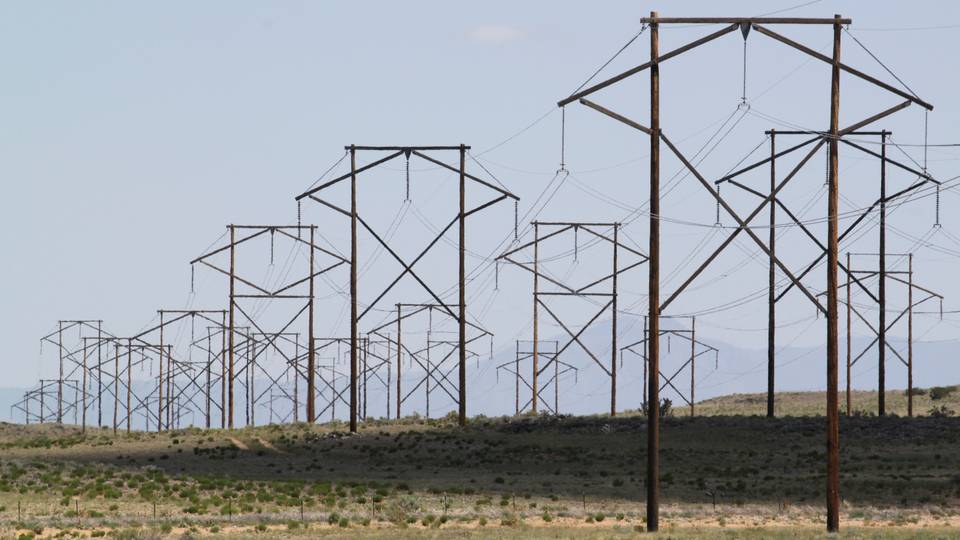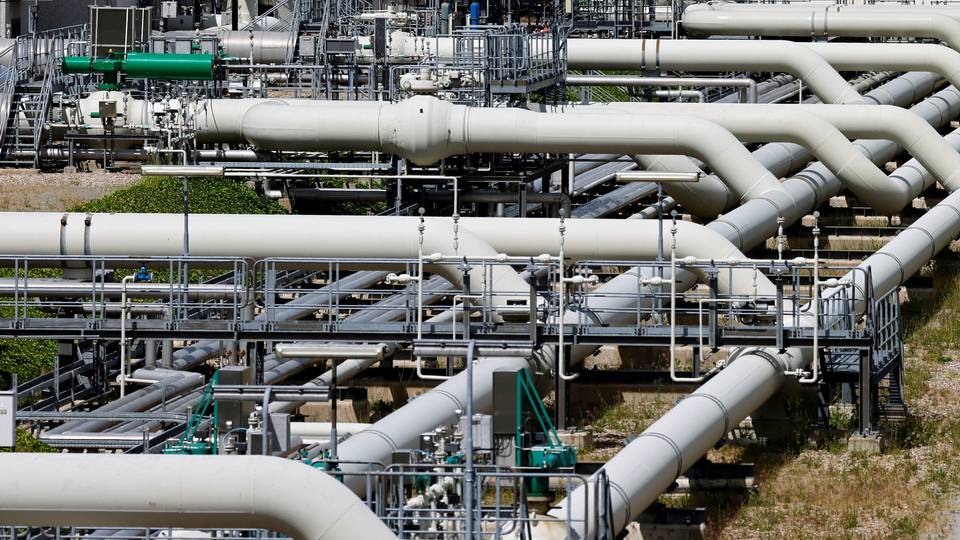Sport
Dollar
38,2552
0.34 %Euro
43,8333
0.15 %Gram Gold
4.076,2000
0.31 %Quarter Gold
6.772,5700
0.78 %Silver
39,9100
0.36 %The Egyptian government has revised its renewable energy target for 2040 down to 40%, from a previous goal of 58%.

Egypt has revised its renewable energy target for 2040 down to 40% from a previous goal of 58%, Petroleum Minister Karim Badawi said on Sunday, underscoring that natural gas will remain a key part of the country's energy mix for years.
Before hosting the COP27 climate summit in 2022, Egypt pledged to raise renewable energy production to 42% of its energy mix by 2035, later advancing that target to 2030.
In June 2024, then-Electricity Minister Mohamed Shaker announced an ambitious plan to raise this to 58% by 2040, a target now abandoned.
"This is a message to all of us to work together to increase discoveries and attract more investments through the bids being offered for exploration, aiming to achieve new discoveries in the region, which holds more wealth, particularly natural gas," Badawi said in the opening session of the Mediterranean Energy Conference 2024.
Reliance on fossil fuels
The continued reliance on fossil fuels comes as Egypt works to rebuild trust with foreign oil firms, whose local operations slowed after a hard currency shortage left the country with billions of dollars in arrears.
Since taking office in July, Badawi has met numerous international energy companies, including Italy's Eni, which plans to start drilling new wells in Egypt's largest gas field, Zohr, in early 2025 to boost production.
Zohr's gas production peaked at 3.2 billion cubic feet per day (bcf/d) in 2019, enabling the country to become a net exporter.
But output declined to 1.9 bcf/d by early 2024, forcing Egypt to increase gas imports through a pipeline linking it with Israel as well as liquefied natural gas (LNG) shipments to avoid a load shedding scheme that went on for months.
Egypt also imports high-sulphur fuel oil, with imports spiking to 255,000 barrels per day (bpd) in September, the highest since at least 2016.
➤Click here to follow our WhatsApp channel for more stories.
Comments
No comments Yet




















Comment